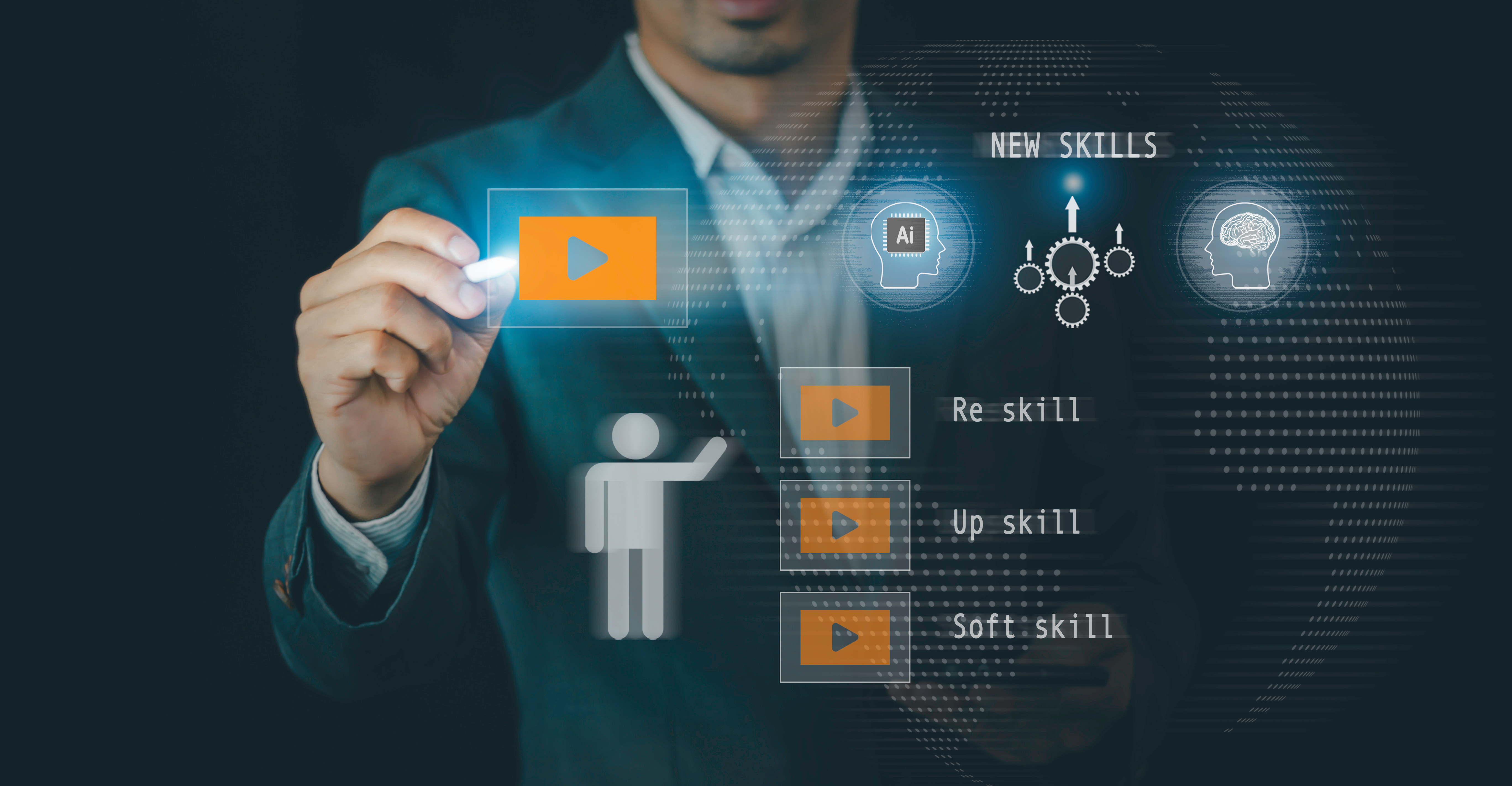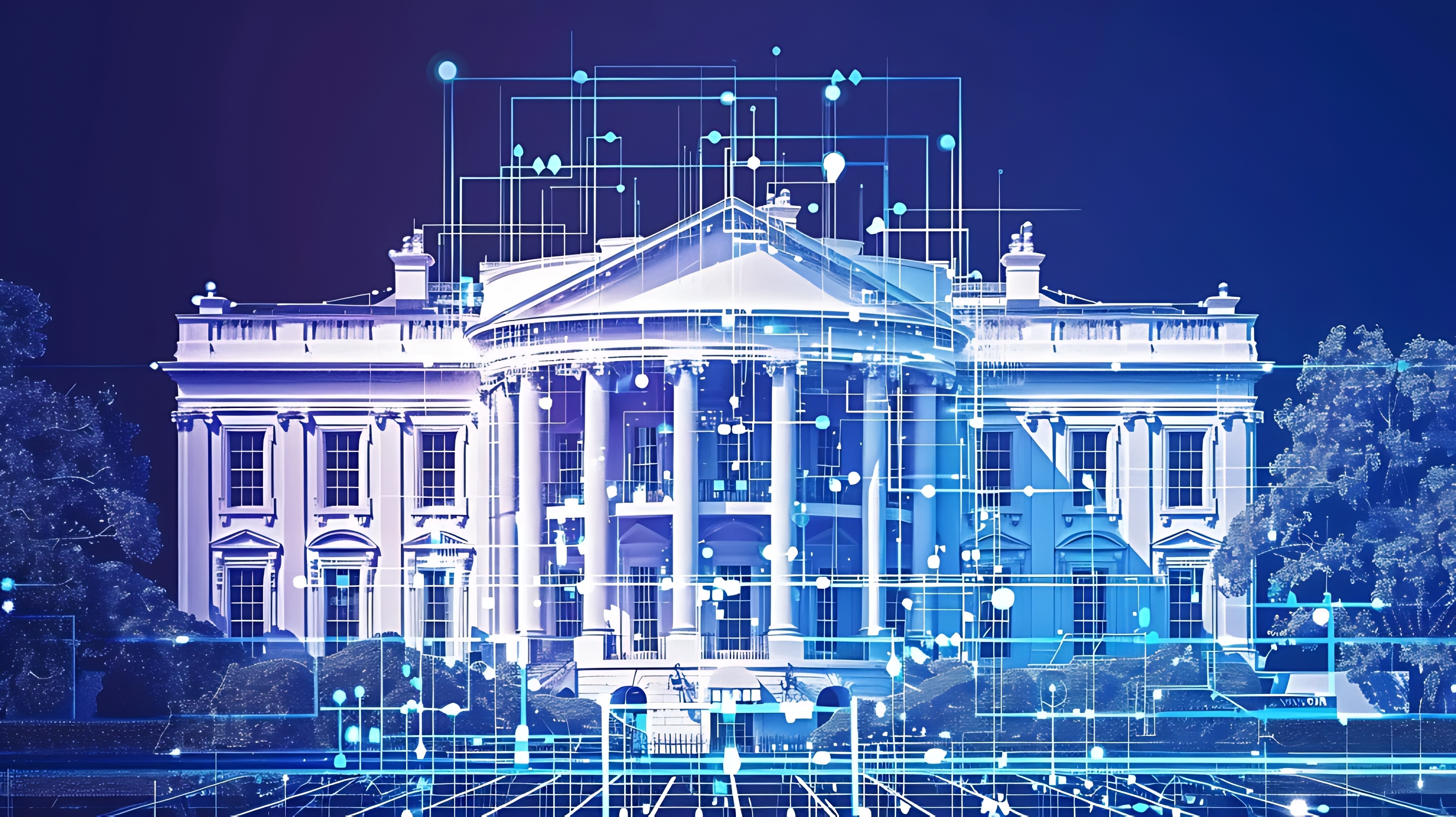AI is beginning to take its toll on the workforce, responsible in part for a spate of layoffs this year. Intel’s recent plan to cut another 25,000 jobs by the end of 2025 is among the latest in the spate of headlines this year in an industry that had already cut 100,000 jobs by the end of July 2025. Microsoft is following closely behind, cutting 10,000 jobs in 2025, while Meta has sliced 8,000 workers from its roster despite its increasing investment in new data center infrastructure.
Unsurprisingly, advancement in AI technologies is the main driver of this massive global restructuring of the workforce, though not exactly for reasons that many people assume. Far from being a cyclical downturn characterized by increasing automation that eliminates the need for human labor, the layoffs represent a strategic shift away from traditional software roles to an AI-centric talent model. Big tech companies, along with their smaller counterparts, aren’t just shrinking; they’re restructuring by refocusing talent acquisition on AI-specialized roles.
Many of the jobs being eliminated center around predictable and repeatable tasks that are strong matches for automation. These include software testing, routine development tasks, and technical support, to name a few. In some cases, entire departments have been eliminated, their roles replaced by AI-powered agents and end-to-end automation platforms.
The dividing line between legacy technology roles and AI-native ones is now starkly clear. While that spells bad news for those in traditional software roles, there are also new, AI-centric roles emerging in their place. Many technology companies are actively recruiting for specialized roles in areas like AI and machine learning engineering, data science, prompt design, and governance, with some offering extremely generous incentives to those specialized in these areas. For example, Meta is offering $100 million bonuses to some senior AI specialist hires.
This industrywide shift isn’t purely a direct result of economic forces and technological advancement. It’s also being actively encouraged by major changes in government policies. For example, the Trump administration’s AI Action Plan, published in July 2025, aims to secure America’s ‘global dominance in artificial intelligence’ by systematically removing regulatory barriers, thus making it cheaper and faster for big tech companies to build the massive infrastructure required for continued innovation in AI.
To succeed in this AI-first economy, software leaders must rethink their talent acquisition strategies, as well as focus on upskilling and re-skilling their existing workforces where possible. This also requires hiring teams to focus less on traditional credentials and more on demonstrable skills and experience. With further uncertainty on the horizon, it’s also imperative that tomorrow’s workforce be adaptable and rigidly focused on continuous innovation and improvement.
.png?width=1816&height=566&name=brandmark-design%20(83).png)



